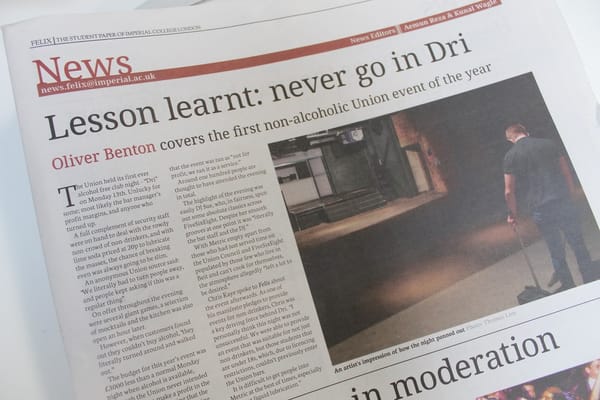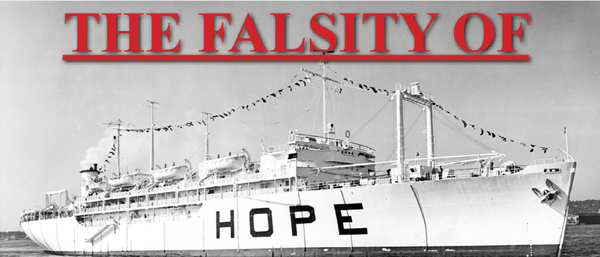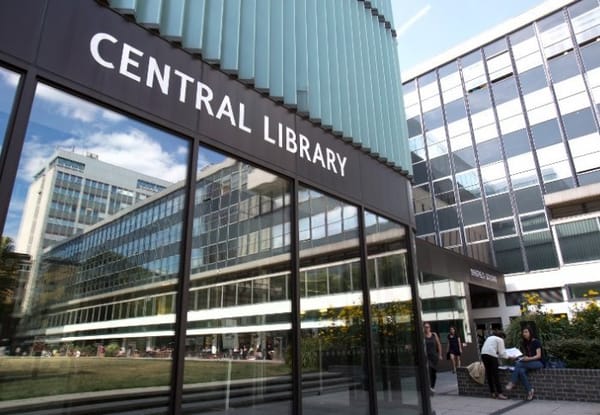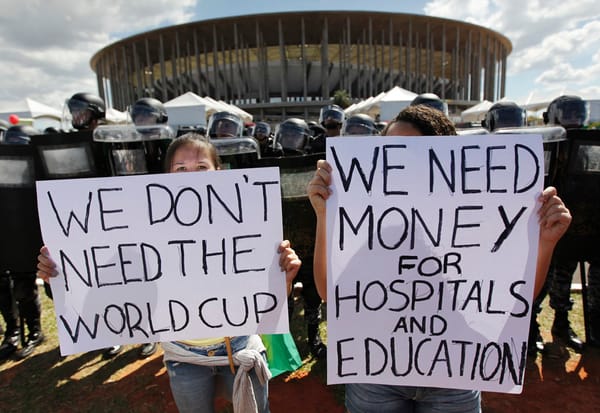
Dri night's coverage does not whet the appetite
Nick Farmer responds to Felix's article about the Union's inaugural non-alcoholic night
Email: comment.felix@imperial.ac.uk

Nick Farmer responds to Felix's article about the Union's inaugural non-alcoholic night

George Butcher offers his opinion on the cuts in amenities funds.

Hope is a last resort, an admission of defeat. You hope when there is nothing left to do, nothing you can do: you can’t act, repair, work, correct or strive anymore, so you wish that things could go your way.
Almost every memorable moment as a GTA is both wonderful and terrible. Some are so bad that they’re good in retrospect (though some are just bad), and sometimes being a GTA makes you so happy that you can’t help but love your job.
As the year comes to a close we hear from the Felix Editor and his successor.

Rory Fenton reminisces about his six years at IC
An anonymous writer gives their opinion
A response from members of the Feminist Society...
Having read Christy Kelly’s article last week asking “Does discrimination dominate in India?”, I couldn’t help but think of the simple answer: yes.
The controversy behind this bureaucratic corrupt organisation.

From passionate Torcedores to angry protesters, where is FIFA taking us?
John Winters on undergrads, postgrads and union engagement